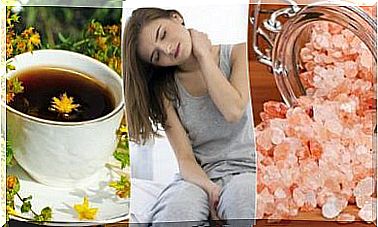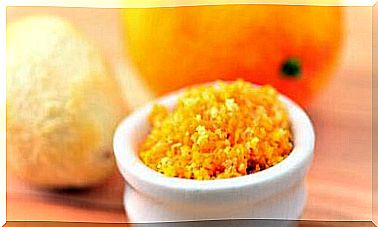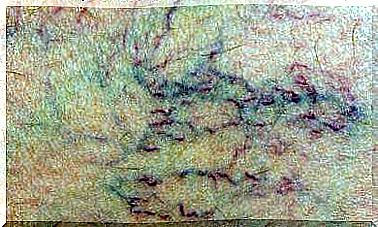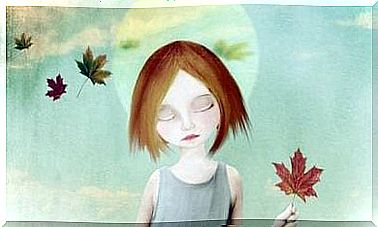How To Relieve The Baby’s Itchy Gums?
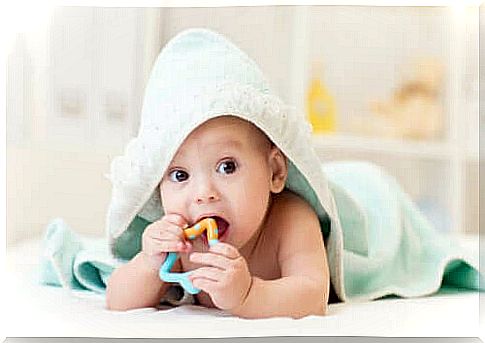
More than one parent with a fussy baby and sleep problems may be wondering how they can relieve the baby’s itchy gums.
Tooth eruption is the process by which teeth begin to erupt in the baby’s gums. The process can begin as early as 6 months of age, although some children begin earlier (and others later). Symptoms such as excessive drooling, the need to chew on objects, irritability or mood swings, sores or tender gums and a slight increase in temperature are common.
Relieving your baby’s itchy gums is a difficult task that parents should complete. Do you have any idea how to do that?
Here are some ideas!
Tips to relieve itchy gums
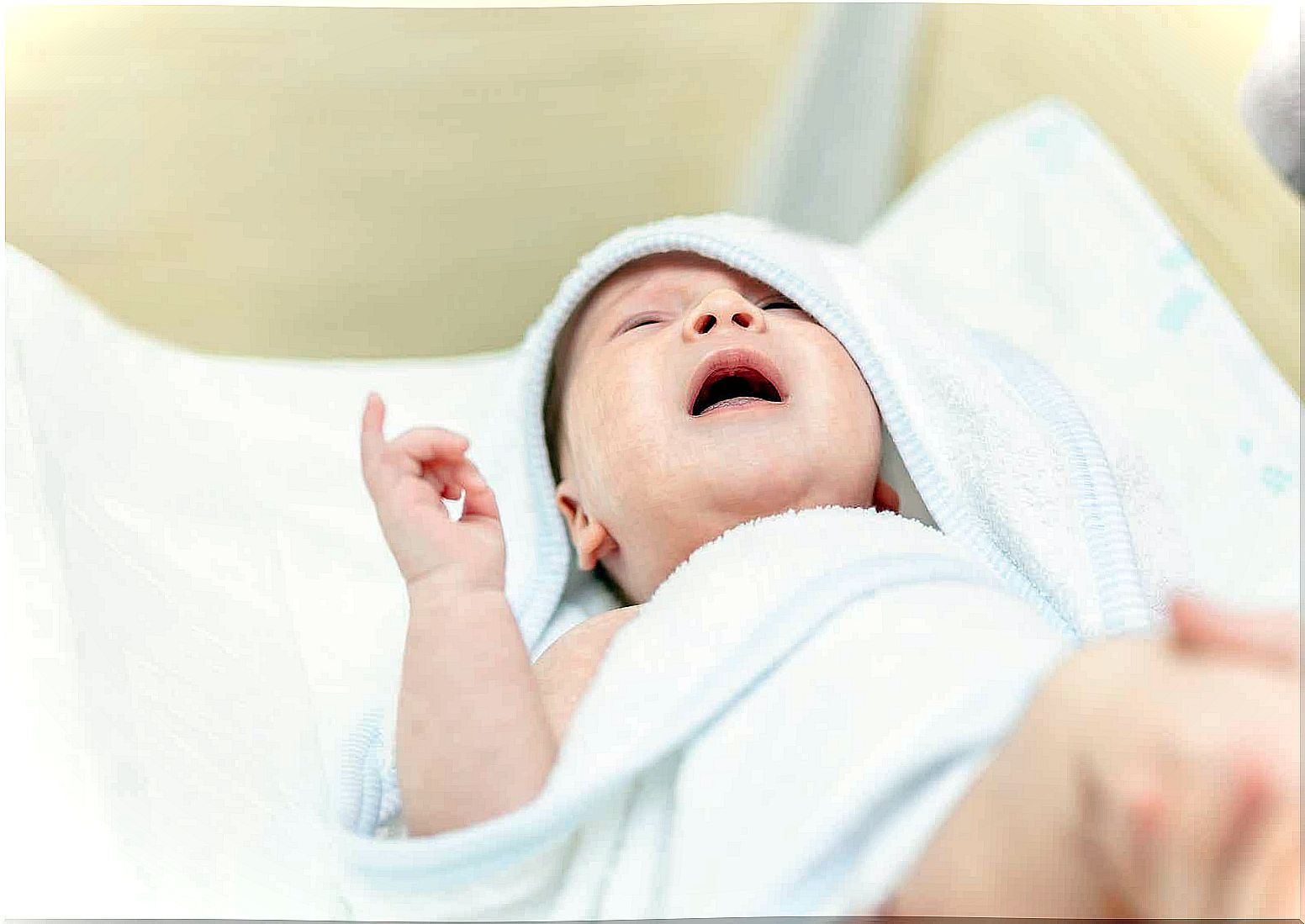
This is usually an annoying process for some babies; for others it is not so bad. The two lower front teeth almost always erupt first. They are followed by the two upper front teeth, although each child has a different growth pattern, so if they do not break out in that order, then do not worry.
If you are going through this process, there are some recommendations to relieve your baby’s itchy gums. However, if your child is fussy and finds it difficult to eat or even take the breast or bottle, you may want to contact your pediatrician.
Rub the gums
Rub the baby’s gums with a clean finger or a wet gauze bandage, as it can relieve discomfort. Remember that it should only be with a single fingertip.
Cool the gums
Use a cold spoon or a cold bite toy and soothe your baby’s gums. They should not be dipped in sugar or other substances, such as honey or juice. Just give them a cold chew toy.
Give them something to chew on
The chewing object should be large enough that your baby can not swallow or suffocate from it. The material should also not be broken into small pieces to avoid the risk of suffocation.
You can use a wet muslin that was previously placed in the freezer for 30 minutes. You should take it out of the freezer before it freezes and wash it after use.
If you decide to use rubber toothpicks, avoid those that contain liquid to avoid accidents if they leak. If you have these toothed rings, cool them in the refrigerator and not in the freezer.
Cold foods are great for itchy gums
You should only give cookies and frozen or cold foods to children who are already eating solid foods. If they are not yet eating these foods, it is best to abstain. Always keep an eye on your child to avoid the risk of suffocation.
Consult a doctor
If your baby is very irritable, has a lot of discomfort or pain, talk to your doctor so they can prescribe a dose of paracetamol or ibuprofen to relieve the discomfort.
What not to do during tooth decay
There are things you should not do during teething to avoid endangering your baby’s health. First, do not put aspirin on your baby’s teeth or rub alcohol on your gums.
Do not tie or hang a toothed ring around the baby’s neck or other body part to prevent it from getting stuck on any objects and risk suffocation. Also avoid dental collars, as the beads can cause suffocation when they come loose.
Do not use toothpaste or tablets unless asked to do so by your trusted pediatrician as they may be unsafe for babies.
Do not cut the baby’s gums to help the tooth come out because this can lead to infection. Finally, avoid homeopathic remedies because they may contain ingredients that are dangerous for infants.
Other symptoms of teething
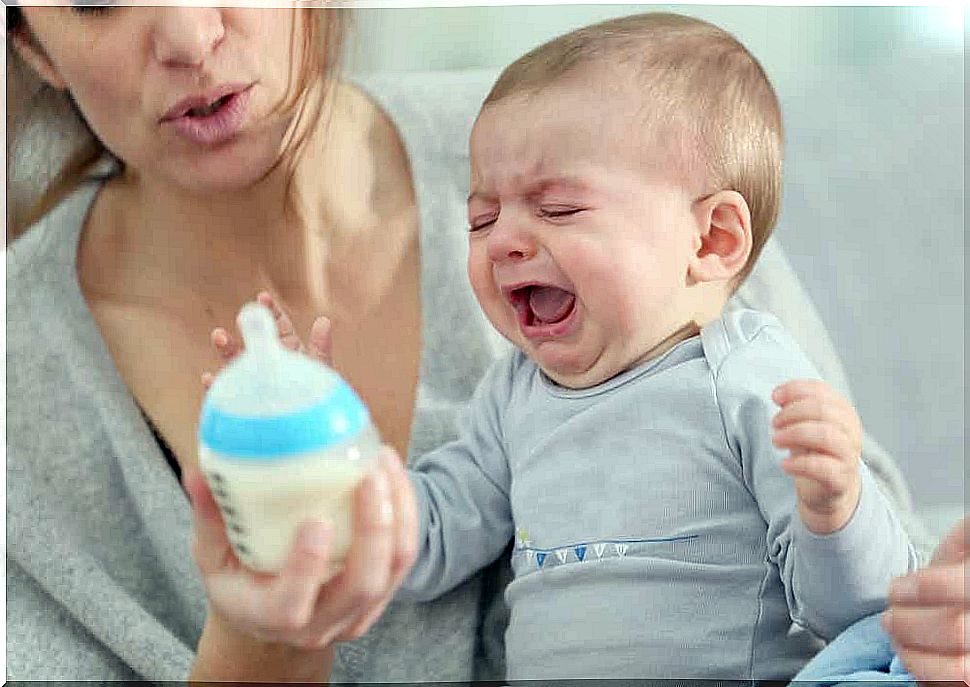
Tooth eruption is a process surrounded by myths about symptoms and remedies. When it comes to drooling, it is due to increased saliva: the glands have accelerated the function because the body adapts to foods other than milk.
In the case of mucus, its presence has nothing to do with the eruption of teeth as well as fever. However, there may be a slight increase in temperature due to inflammation of the gums. In addition, it can be weakened by the immune system and some feverish diseases are contracted.
In the case of diarrhea, no association has been found between constant soft stools or colitis and teeth. In case of fever, mucus and diarrhea, it is advisable to consult a doctor.
Another symptom that you can observe when the child gets teeth is a lack of appetite, although the reality is that they do not lose the desire to eat, but the discomfort in the area makes it more difficult for them to eat.
How to take care of your baby’s itchy gums and new teeth
After the baby’s itchy gum problem is over, we need to take care of the baby’s teeth because dental caries can speed up tooth loss and leave holes until the new ones start coming in. Therefore, before coming out, you should daily clean your baby’s gums with a gauze bandage or a clean, damp cloth with water.
When the first teeth appear, brush with water and a small amount of fluoride toothpaste. As your baby gets older, use more. Do not allow your child to swallow or eat it as it may be dangerous. When all the teeth come out, brush at least twice a day after meals.
On the other hand, it is important to keep in mind that leaving the bottle while you sleep can cause your baby to get too much juice or milk, which can lead to holes in children. Therefore, this is something specialists advise you to avoid.
The American Dental Association recommends that children start dental checkups around their first birthday, so you should take them to the dentist after that.
